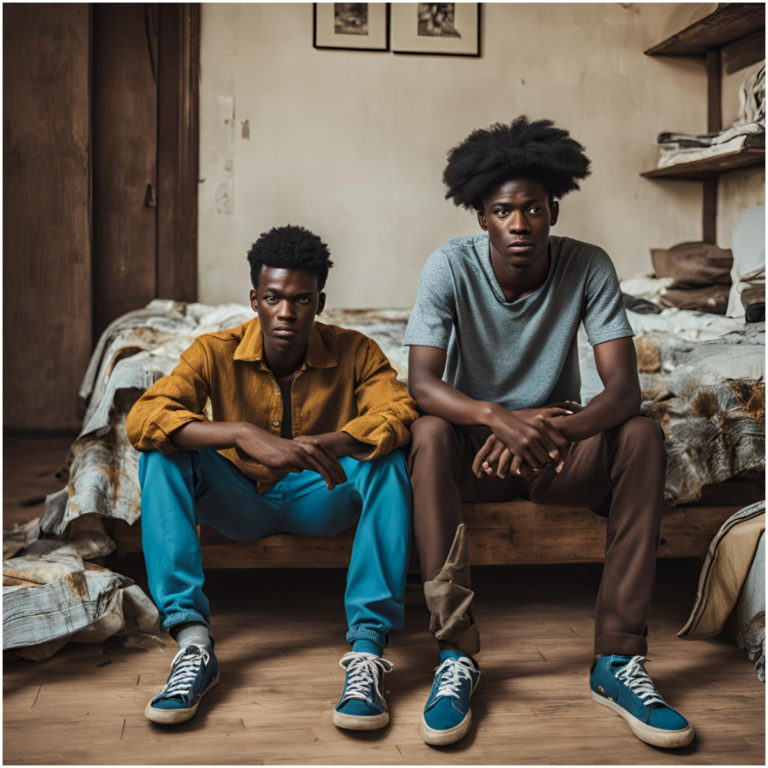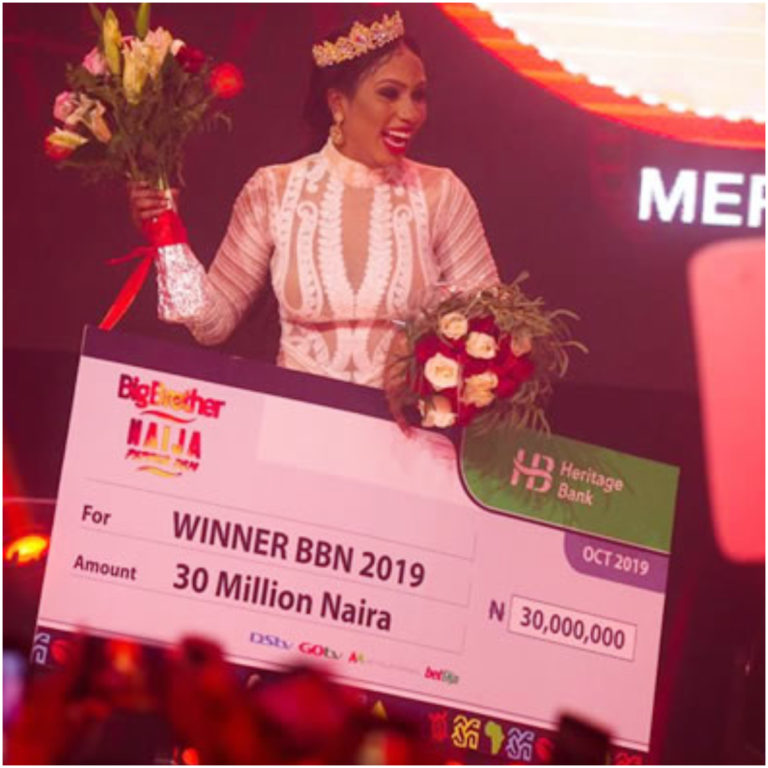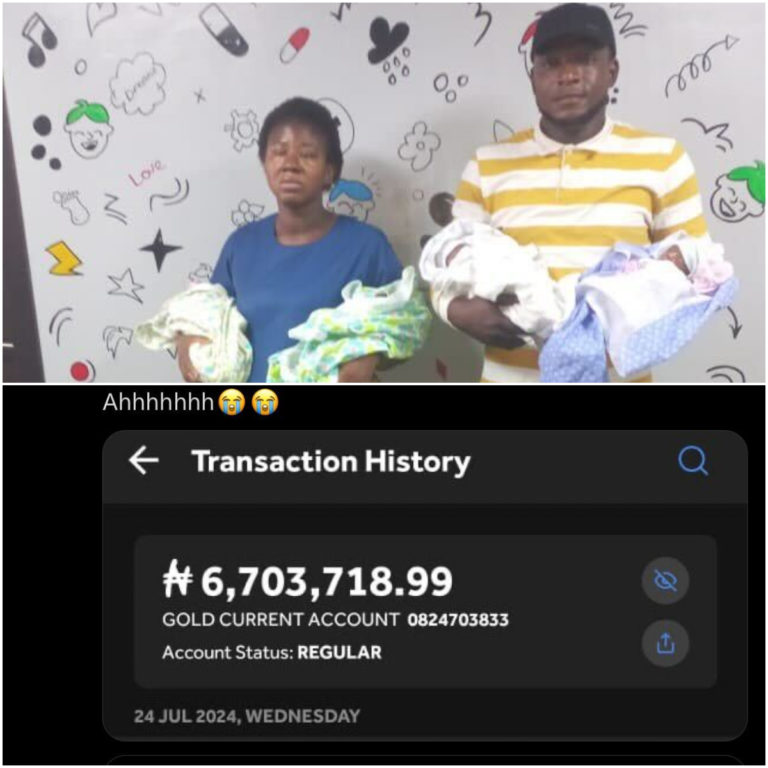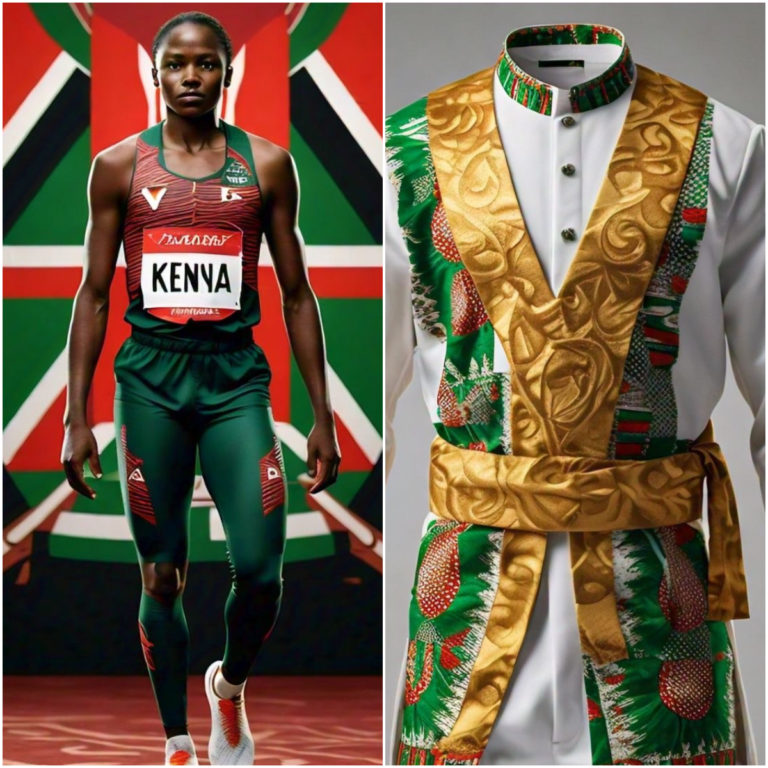Sallah is a special and widely-anticipated season for Muslims, but for the residents of Ogun state the excitement goes beyond killing rams and having their fill of deep-fried meat.
Source: Taiwo Arifayan
For the Ijebu people in particular, the Sallah season marks the celebration of an annual cultural festival known as “Ojude Oba”. What happens at the festival, who is allowed to attend and what is it even about? Let’s get into it.
What is “Ojude Oba”?
Awujale Sikiru Kayode and guests at the 2023 festival
Source: New Telegraph
“Ojude Oba” means “The King’s forecourt or frontage”. The festival started as ceremony where subjects pay homage to the reigning monarch of the land. During the celebration, prominent sons and daughters of the land don their bests outfits to pay homage to the Awujale of Ijebuland.
How did it start?
Source: Twitter (@saamuonifoto)
Ojude Oba can be traced back to the late 1880s when groups of Islamic converts would gather and pay homage to the reigning monarch, Awujale of Ijebuland, for letting them practice their religion. Early Ijebu forebearers were pagan worshippers who got introduced to Islam by a slave named Alli, during the reign of Awujale Ademiyewo Afidipotemole in 1878. Before he joined his pagan master, Tubogun, in Ijebu, Alli had lived in Ilorin, a region where Islam was already an established religion. Tubogun gave his blessings and allowed Alli when he started practicing Islam. Tubogun’s acceptance of the slave’s religion will later see a rise in the conversion of more pagans who accepted and practiced Islam.
Things took an unprecedented turn in 1896 when two reverend fathers baptised 41 Ijebu men. They proclaimed that the new Ijebu Christians should abandon their flamboyant lives and marry only one wife. Of those who were baptised, a prominent Ijebu man, Balogun Kuku, who already had over 30 wives, decided to leave Christianity and embrace Islam, which encouraged polygamy. Prior to his conversion, Kuku had been a major party to a ceremony where traditionalists paid homage to the Awujale. The ceremony at the time was known as the Odeda festival.
During the next Odeda festival, Kuku had already accepted Islam but he still wanted to be a part of the celebration. Kuku would go on to storm the palace with his friends, family and well-wishers, to pay homage to the monarch for letting them practice Islam in peace. This would eventually see the rebranding of Odeda to the Ita-Oba festival, before metamorphising into the present-day annual Ojude Oba festival.
Is it a festival for Muslims alone?
Although the “Ojude Oba” festival started as a Muslim affair, it has grown to accommodate people from all works of life who wish to join in the celebration. Visitors and tourists from far and wide visit the city to experience the rich cultural heritage of the Ijebu people.
When is it celebrated?
Source: Twitter (@saamuonifoto)
The timing is determined by the Muslim calendar as it’s often celebrated on the third day after the Eid-al-Adha (Ileya) celebration.
Where is it celebrated?
“Ojude Oba” is celebrated at the palace of the Awujale of Ibejuland.
What are the key activities at the festival?
Source: Twitter (@saamuonifoto)
Ojude Oba starts with opening prayers by the Imam of Ijebuland. This is often followed by the recitation of the Nigerian and Ogun state anthems respectively, the Awujale’s anthem, and then, praise singing of the Ijebu lineage.
After the opening ceremony comes Regbegbe; a parade of the different age groups in the community bearing gifts for the awujale. Some of the age grades are Egbe Gbobaniyi male and female (1962-1964), Egbe Bobagunte male and female (1956-1958), Akile of Ijebu (1959-1961), Mafowoku, Egbe Arobayo male and female, Egbe Jagunmolu (1965-1967), Egbe Bobakeye, and Egbe Bobagbimo.
Some other activities include:
Horse riding
Source: Twitter (@folastag)
The elaborately decorated horses are an eye candy at the festival. Members of prominent families and invited guests ride these horses, to the admiration of festival attendees. The Baloguns/Eleshins participate in a mock war, amplified by shots from dane guns.
Cultural displays
Source: BellaNaija
Traditional groups take the stage with music, dance and drum performances, and theatrical displays.
What does the Awujale do during the celebration?
Source: Instagram (@obasikirukayode)
It’s important that the monarch sits on his throne throughout the ceremony.
Is there a dress code?
Source: Twitter (@saamuonifoto)
Each age grade dresses in expensive clothes of the same colour or fabric. The idea is to stand out the most and outdo the other age grades. But they never repeat the previous year’s outfit. As an attendee, there’s no restriction on what to wear, but traditional outfits and attires are the order of the day.

Got a story to share? Send a pitch here.




